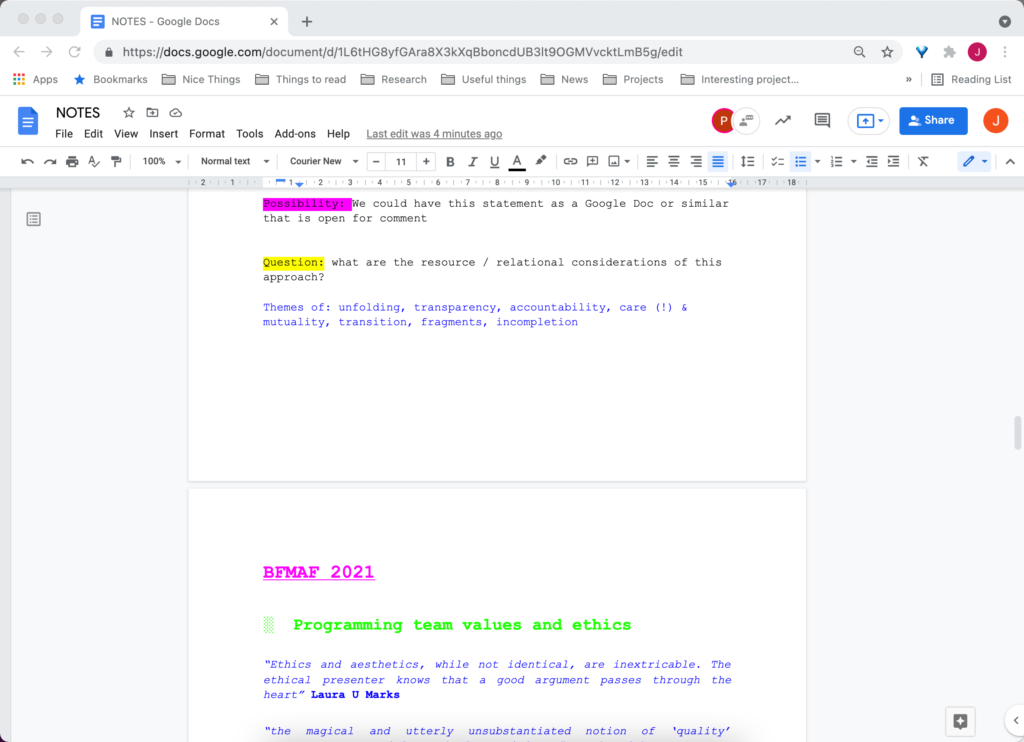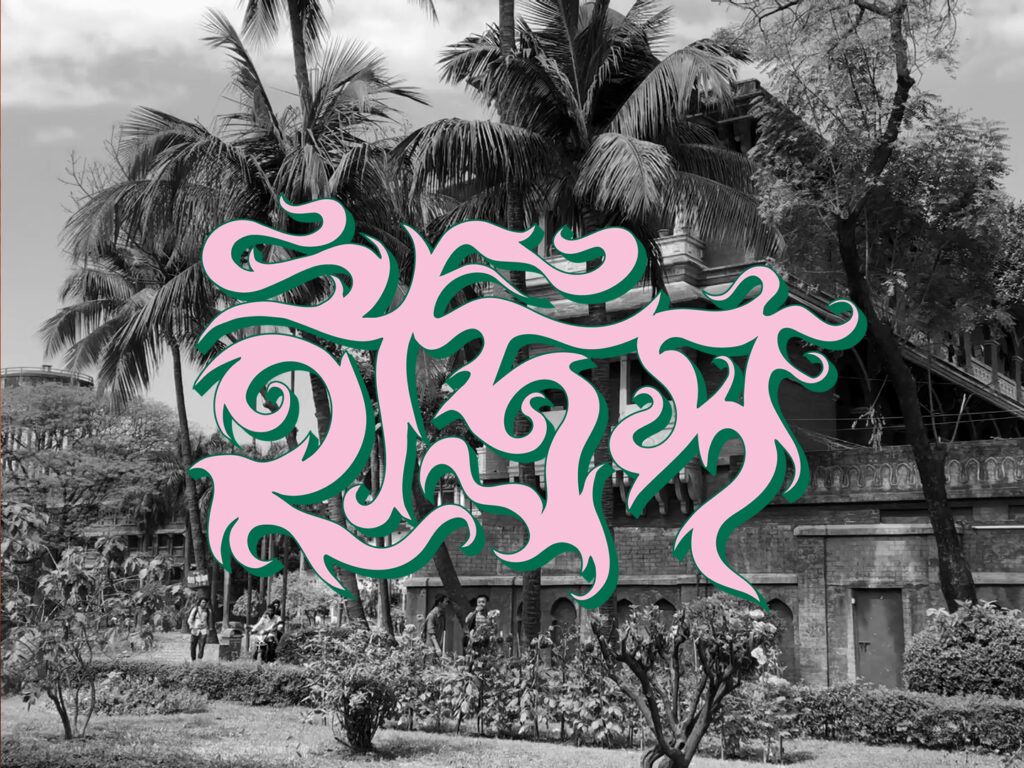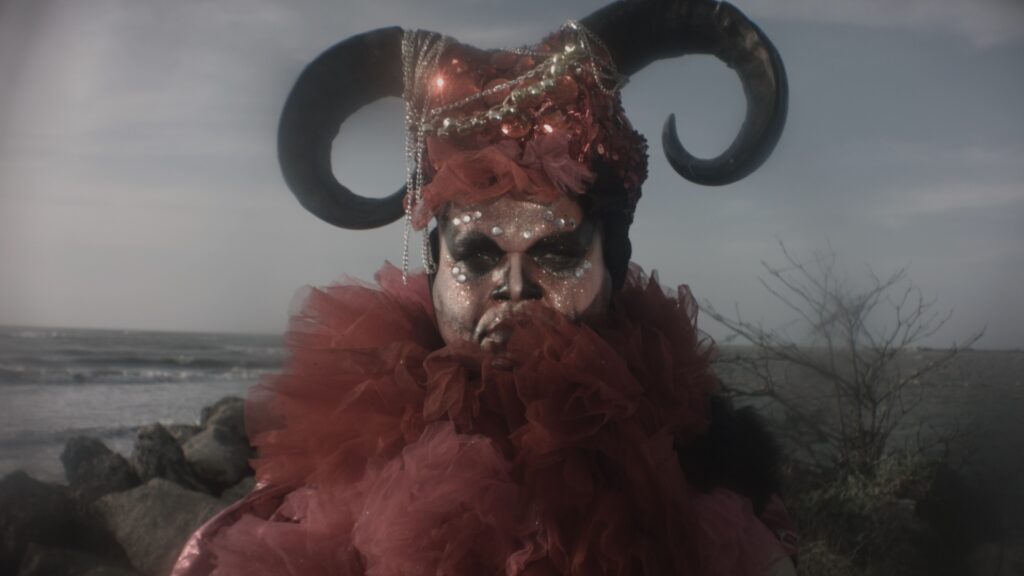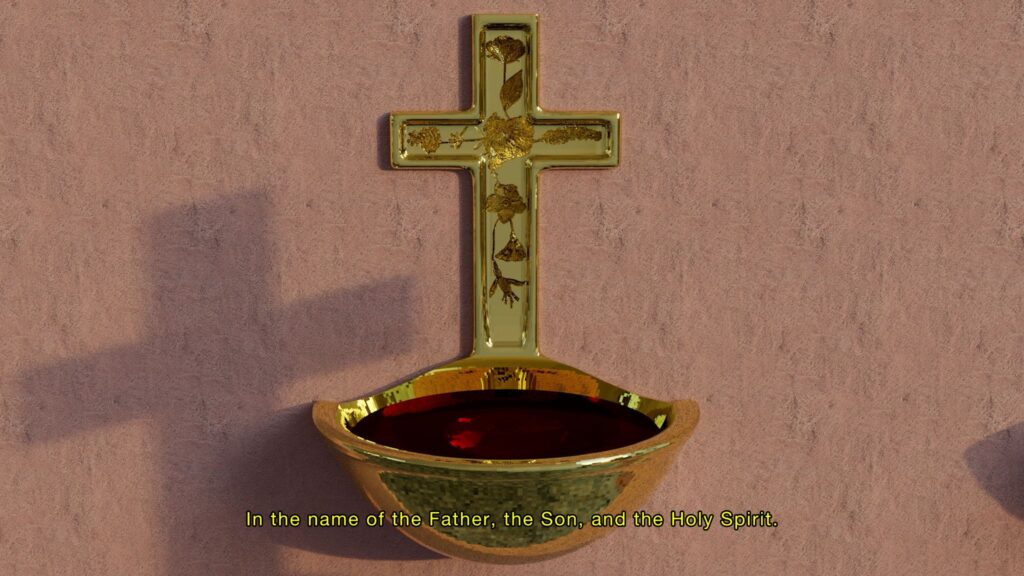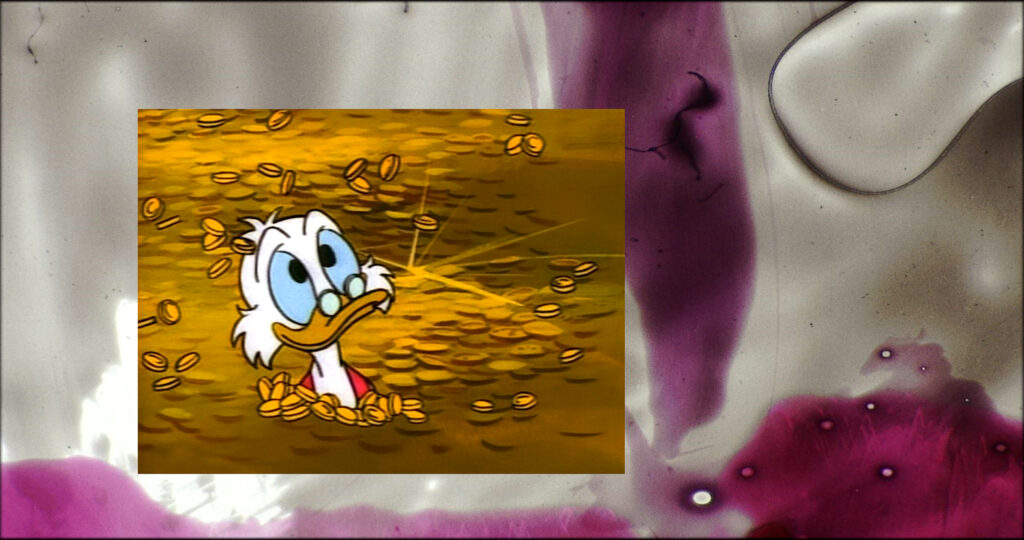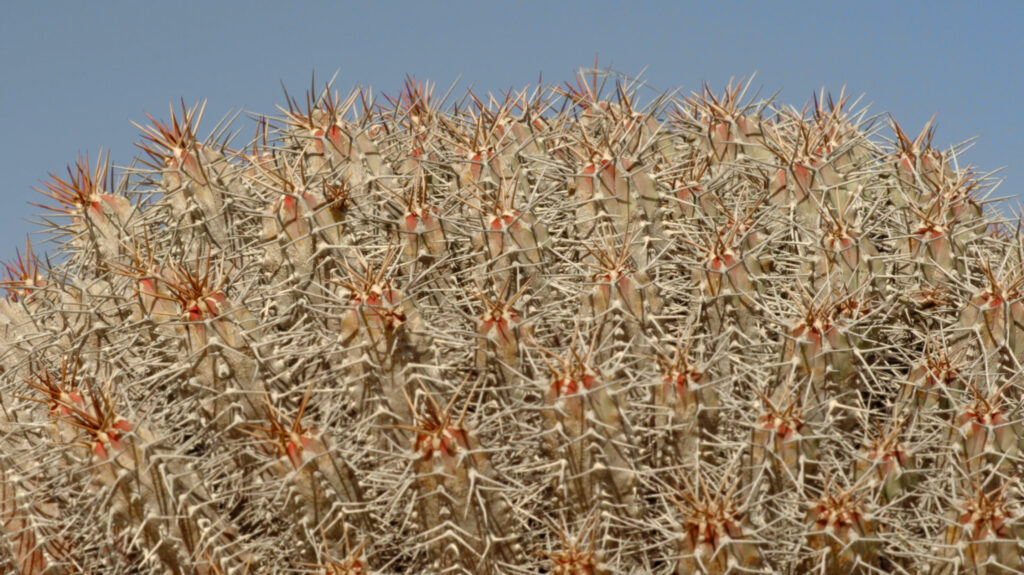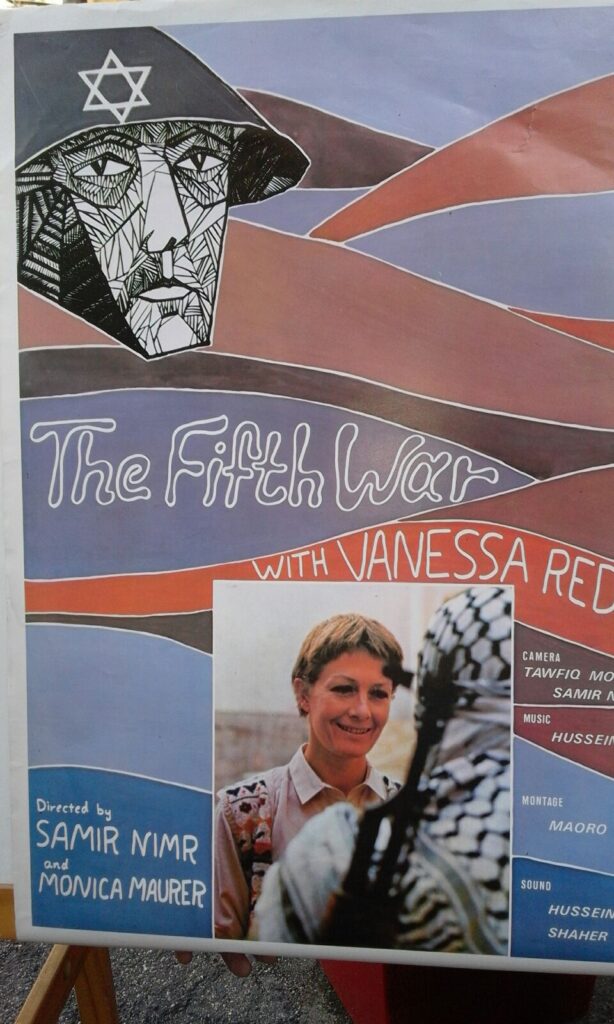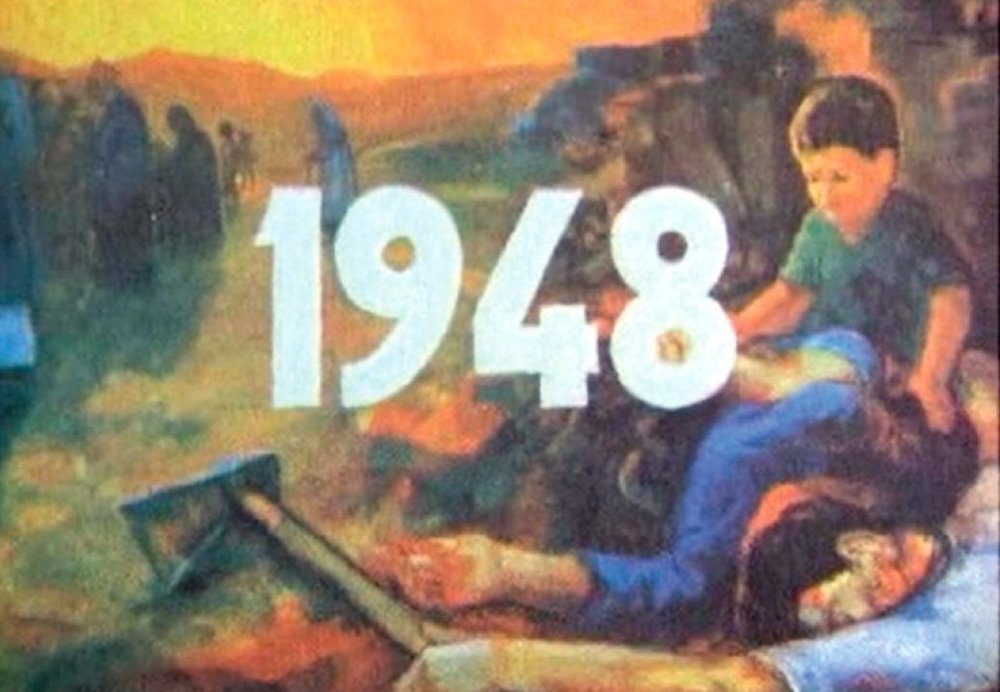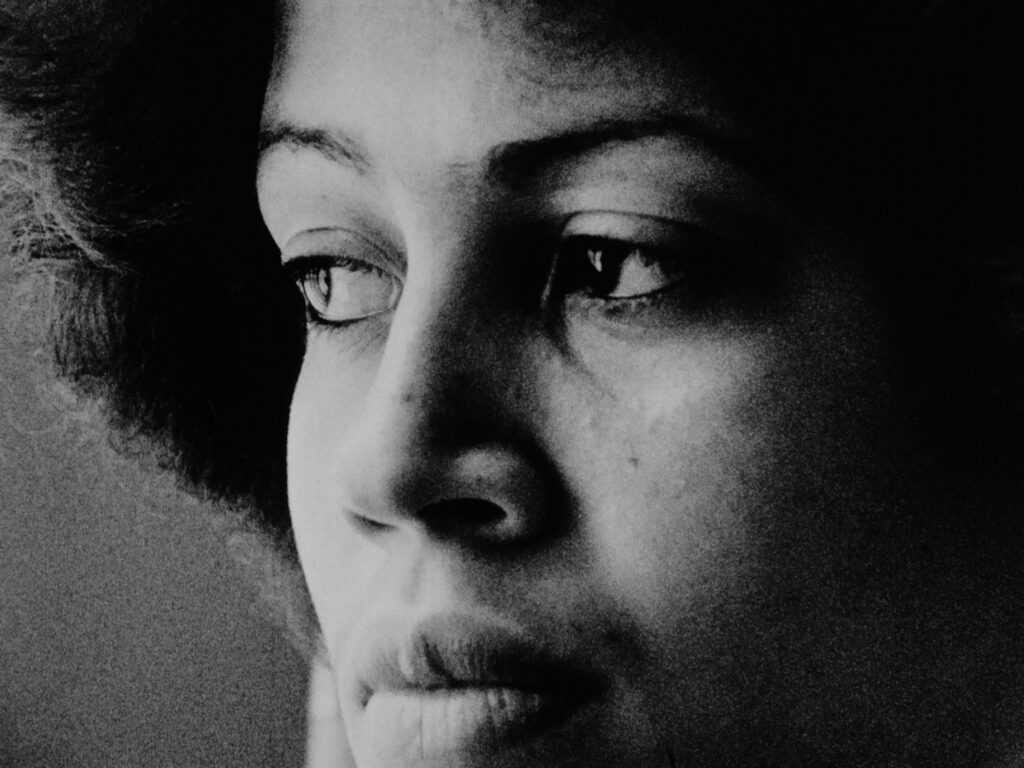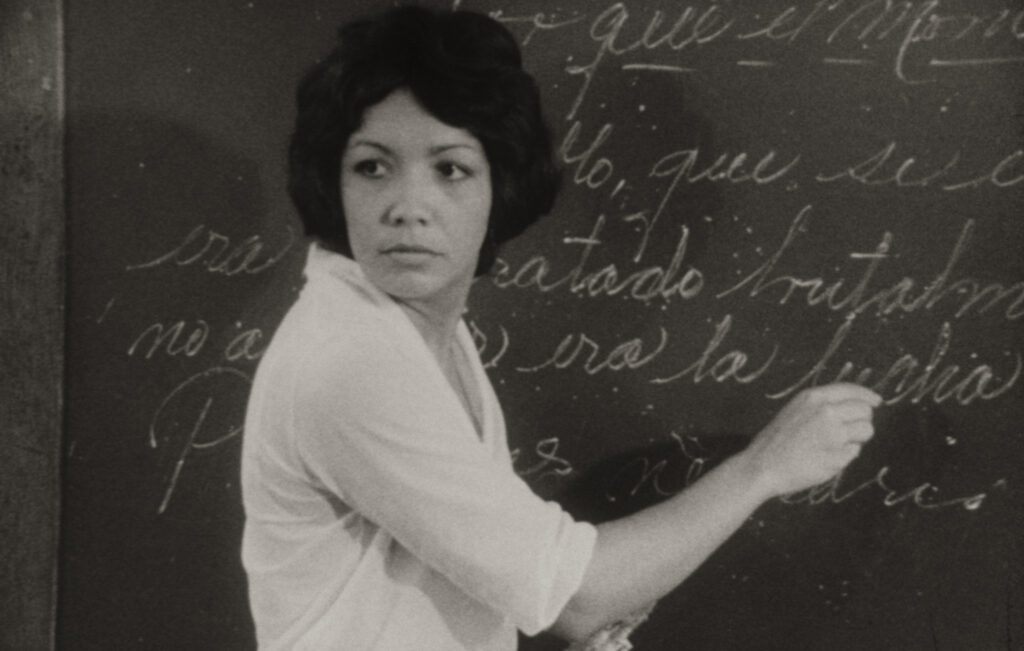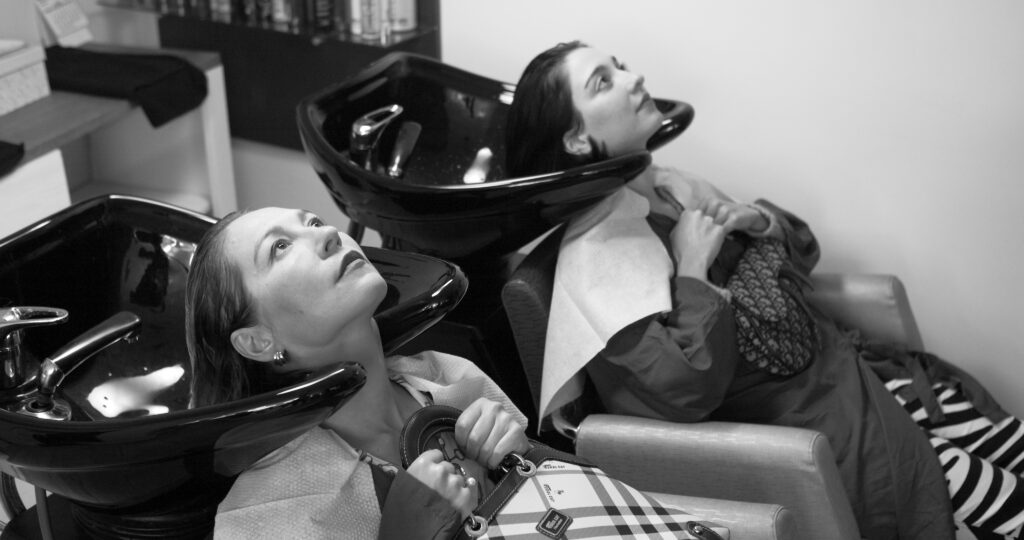Adam Lewis Jacob
Adam Lewis Jacob (1985, UK) is an artist and filmmaker based in Glasgow and Poole. His work is about the structures that govern our lives and the countercultural figures that question them. He uses the camera to create a space where ideas and people can be brought together and unexpected relationships can occur, using improvisation, performance and sound to reinterpret research and reactivate histories. He is one of the founding members of Céline, an independent artist-run exhibition space in Glasgow. His work has been screened and exhibited at Ann Arbor Film Festival, Alchemy Film festival, Kochi-Murizis Biennale (India), Studio 55 (South Korea), LUX (London) among others. In 2019 he was awarded the Cove Park Experimental Film and Moving Image residency and in 2022 he will participate in the ESW/TOKAS residency program in Japan.
The Festival opens with the world premiere of Idrish (ইদ্রিস) by Adam Lewis Jacob (UK, Bangladesh, 2021).
Idrish acts as an urgent and potent piece of anti-deportation activism. With reports of deportation flights regularly in the news, the film is rich with resonance to our current moment. In one striking sequence, footage of a protest march gives way to staccato editing and propulsive sound design by Claude Nouk, who re-uses and manipulates archival sounds to transform the film into a powerful rallying cry. Radically reanimating the documentary form, Jacob enlivens the archive to tell a vital history.
In La Nave, Colombian artist and first-time filmmaker Carlos Maria Romero (aka Atabey Mamasita) translates the meaning and spirit of Carnival de Barranquilla during a year in which gatherings were forbidden. Through clandestinely filmed performances with members of many different communities—indigenous, trans, queer, rural, Afro-Colombian and radical outsiders among them—Maria Romero recreates northern Colombia’s largest cultural event as an essayistic performance film, demonstrating how Carnival is a lifeblood to its many diverse participants.
In a village in central India, dedicated school teachers put their heart and soul into preparing a group of children for an entrance exam for a Government-run “School of Excellence.” Entrance Exam explores the stakes of the opportunities afforded by this continued, subsidised education for underprivileged children, as well as the many layers of struggle in this intense and surprising journey.
This screening will be accompanied with in person conversations with Éiméar McClay & Cat McClay (a body is a body is a body) and Rehana Zaman (Alternative Economies).
The Void Project looks at the effect of the absence of Palestinian visual archives on the construction of a Palestinian visual narrative. The project was founded by Palestinian documentary filmmaker, cinematographer, producer and writer Azza El-Hassan, whose documentary films mostly reflect her experience living in exile and her experience living in Palestine. In this programme, El-Hassan brings together a selection of films produced by the Palestine Film Institute in Jordan and Lebanon during the revolutionary years of Palestinian Cinema. These films are a testimony to both the history of international solidarity with Palestine, as well as the ongoing struggle for a self determined Palestinian narrative. — Jemma Desai
The screening at the Maltings will be introduced by Sheyma Buali, a programmer, producer and writer and member of the London Palestine Film Festival programming team since 2011.
Watch One Way or Another (1977) Sara Gómez’s “bold work of revolutionary feminism” alongside Back Inside Herself (1984) by S. Pearl Sharp. Back Inside Herself is newly restored by Cinenova and will be accompanied by On the Inside a prose poem by London-based poet Sarah Lasoye.
The screening is a prelude to Cinenova’s The Work We Share – a programme of 10 newly digitised films from the Cinenova collection. All have been captioned by Collective Text and are accompanied by 10 new artist response commissions, which will tour the UK throughout 2021-22.
Amalia Ulman’s debut feature is a dark comedy. El Planeta explores contemporary poverty, deception, class, and escapism through a tender mother-daughter relationship, played by Ulman and her real-life mother.



